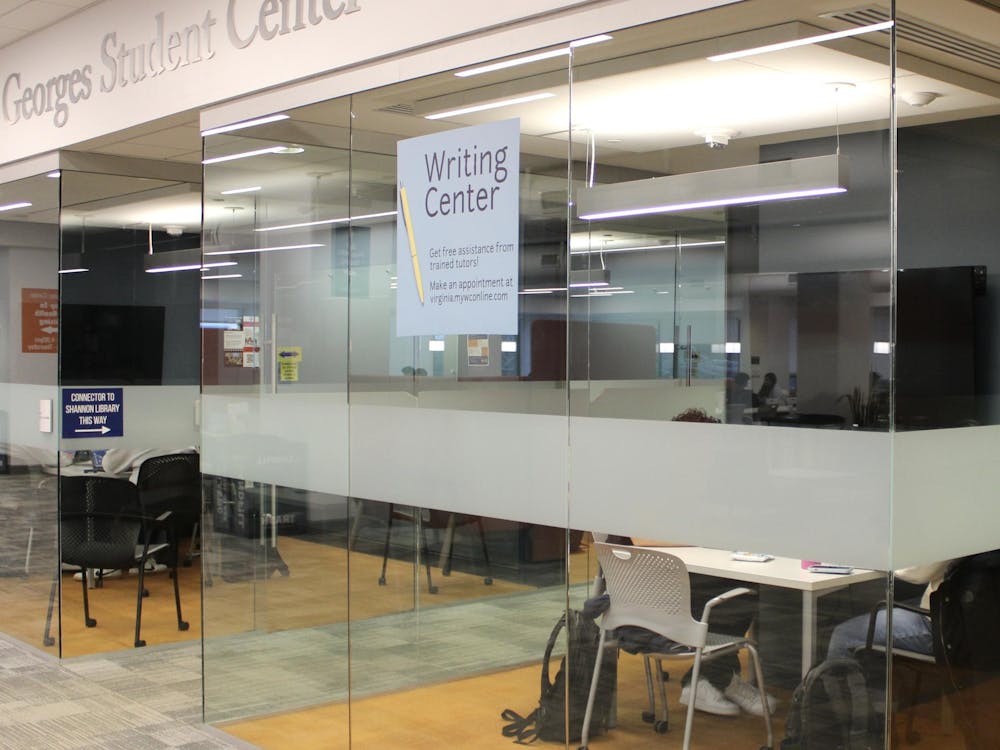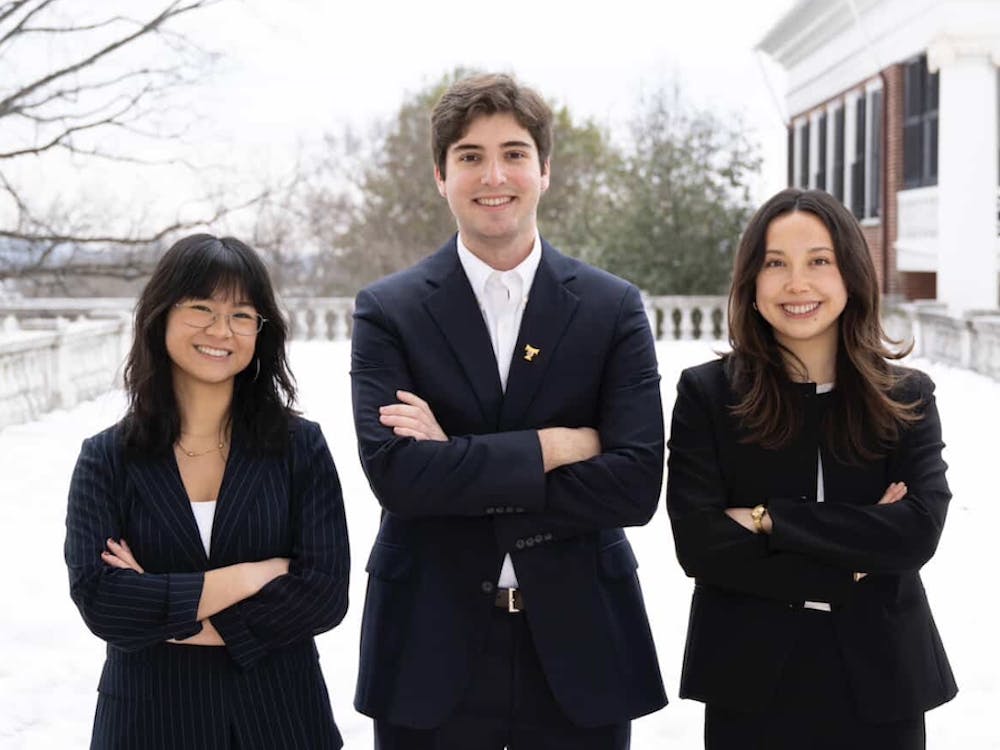Women who enter college as engineering majors are less likely than their male peers to graduate with an engineering degree and pursue a related career path, according to a study published in the October edition of the American Sociological Review.
The authors of the review attributed this trend to a lack of confidence. "The results showed that [women] had a much lower confidence that engineering was the career for them though [that is what] they had been intending, [while] men showed a much higher confidence that they would continue," said Susan Silbey, co-author of the study and head of the anthropology department at the Massachusetts Institute of Technology.
"Engineering is the most male[-dominated] occupation after the military," she added. "It's something about the cognitive work of engineering. I believe it's in the nature of engineering."
Erin Cech, co-author of the study and a postdoctoral fellow at the Clayman Institute for Gender Research at Stanford University, said the study refuted the common misconception that woman are less likely to remain in engineering fields because of they are interested in having a family.
On the contrary, the study found that "men showed that when they had strong commitment for a family they were slightly less likely to pursue a career [in engineering]," Silbey said.
Cech added that she hopes to challenge the "popular assumption" because it contributes to a bias against women who do enter engineering fields, who "people take ... less seriously."
She urges engineering educators to discuss issues of confidence. "Anytime something is brought up it's almost characterized as political," she said. "That's really detrimental toward women and men who are trying to develop confidence in this field."
Edward Berger, associate dean for undergraduate programs, said these topics are frequently discussed at the University's Engineering School.
"We are always thinking about how we execute the curriculum inside and outside of the classroom [to consider] how we help students build confidence in themselves," he said.
The issue of gender, however, is "a hard issue to solve," Berger said. He noted that the Engineering School has about a 31 percent female population, which is "just shy of twice the national average."
Carolyn Vallas, director of the Center for Diversity in Engineering at the University, provided approximate retention rates for the Engineering School. According to this data, the number of first-year females entering with undeclared engineering majors ranged from 131 to 169 between 2004 and 2008, while the number of female degree recipients ranged from 106 to 150 during that same period of time, showing a retention rate of about 84 percent for those years.
The University has seen a slow increase in the enrollment of female engineers in recent decades, from about 25 percent in 1997 to the current value of 31 percent, Berger said.
"When we have more women, they can be peer role models," he said. "We've had lots of women who have become student-leaders ... [and] women who come and thrive in all sorts of ways"






